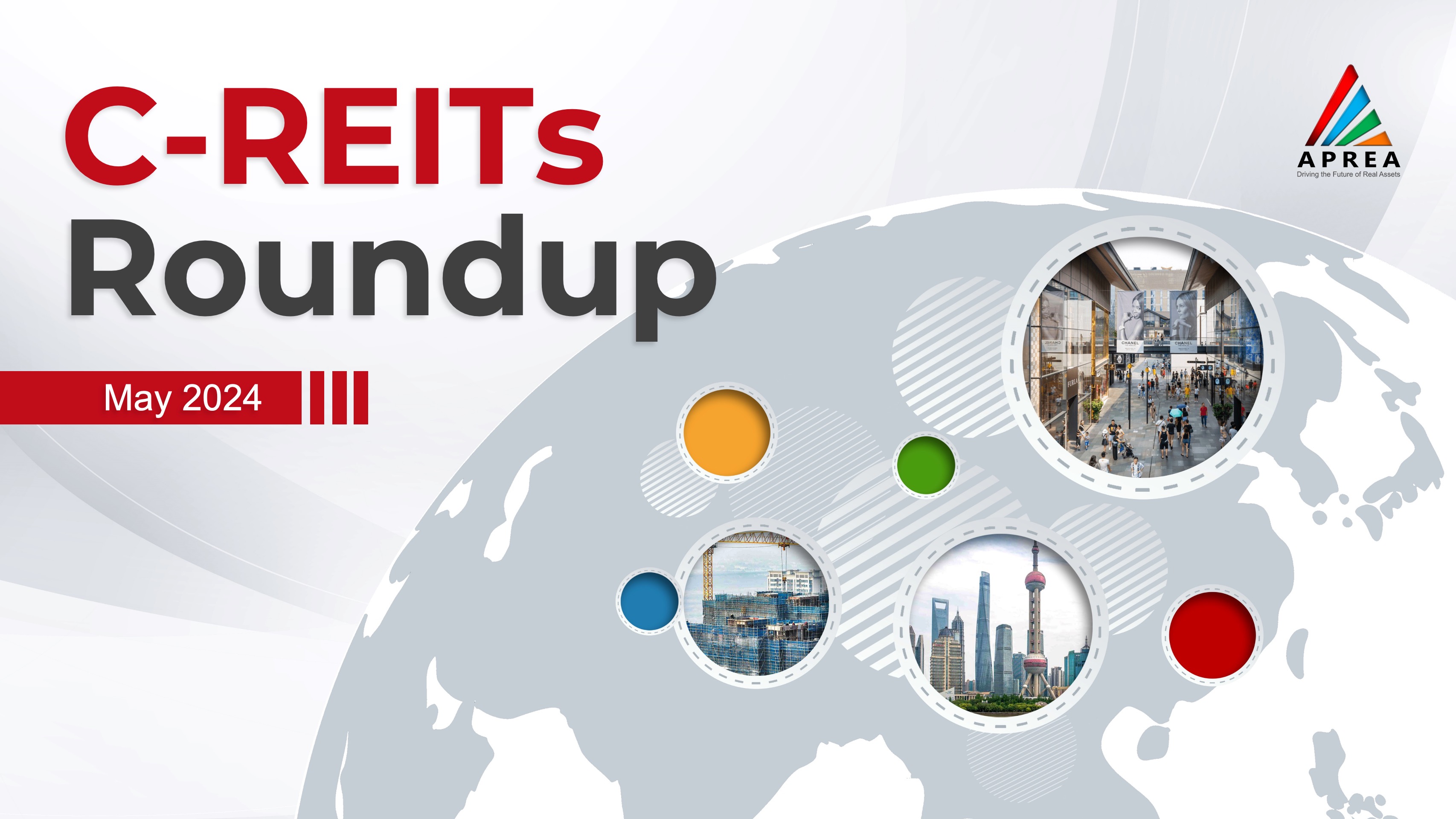The real estate market in the Asia Pacific (APAC) region continues to exhibit robust growth on a global scale, despite the challenges posed by rising interest rates and housing crises in numerous countries. Significant technological progress in APAC economies has catalysed transformation within the real estate sector, with digitalisation and sustainability integration gaining momentum. These changes have also concurrently influenced the development of real estate projects within the region.
Globally, the real estate sector is increasingly embracing environment, social and governance (ESG)-driven innovations as a solution to issues such as escalating carbon emissions. This shift is evident in the updated real estate regulations within the APAC region for 4QFY24. Several APAC economies, including China, Hong Kong and Japan have implemented guidelines promoting green infrastructure and technology integration to confront this challenge.
Furthermore, commercial and industrial real estate is significantly rising in the APAC region despite constrained liquidity. In the housing segment, countries such as Australia, Singapore, China, India and Hong Kong have prioritised strategic reforms and regulations to address the housing demand. Notably, India and Singapore have initiated advancements within the retirement homes segment, catering to the needs of senior citizens seeking accommodation.
In spite of the prevailing challenges, APAC economies offer an attractive prospect for investors due to regulatory updates across various asset classes and types. These economies are predicted to play a pivotal role in channeling regional investments and fostering development in the forthcoming months.
Download the Report Read MoreOffice: A rise in site inspections and enquiries failed to translate to an increase in leasing activity in Q1 2024 due to occupiers' cost cautious stance and the first quarter historically being a quiet period for transactions. Occupiers are likely to retain a cautious attitude towards spending and location selection in the near term.
Retail: Leasing was dominated by expansion, with upgrading and relocation also picking up. Demand was led by the luxury and F&B sectors. Although retailers continue to be location sensitive, markets with tight availability are seeing demand spill over to secondary areas.
Logistics: Demand moderated this quarter during what is a traditionally quiet period for transactions. Leasing activity was constricted by stricter capital expenditure controls due to moderating sales growth. 3PL occupiers continued to display steady demand, supported by cost optimisation and outsourcing.
Investment: Asia Pacific commercial real estate investment volume fell by 4% q-o-q to US$24 billion, primarily due to a decrease in industrial investment. Delays to much anticipated interest rate cuts prompted investors to stay on the sidelines, with most buyers opting to wait for additional repricing opportunities as the negative carry situation persists.
This report was originally published in https://www.cbre.com/insights/figures/asia-pacific-figures-q1-2024
Download the Report Read More
APREA C-REITs Roundup is a monthly update that tracks the performance of China REITs. Stay informed about the latest info and developments in C-REITs, exclusive for APREA members.
Download the Report (English) Download the Report (Chinese)
Read MoreOut of the 19 markets covered in this Asia Pacific report, 11 experienced movements in cap rates in Q1 2024.
The Asian market remains stable, without any factors driving movements in cap rates. Australia and New Zealand have driven the changes in the region, with an increase in cap rates in all the surveyed cities, particularly in the office and industrial sectors.
Key Highlights in Q1 2024
Office sector
Retail sector
Industrial sector
CBRE professionals in Asia Pacific note that the timing for a recovery in investment activity has been pushed back amid limited risk appetite and delays to interest rate cuts. Nearly 70% of respondents expect a recovery from Q4 2024 onwards.
Cap rate expansion is expected across most markets in Asia Pacific, with cap rates in Australia to expand further, while Japan will remain stable. More pronounced expansions are expected in secondary assets over the next six months.
Other key highlights from the survey include:
CBRE believes that with interest rates having peaked in most Asia Pacific economies, investors should aim to complete acquisitions before rate cuts commence, with the optimal buying window expected to open in the second half of 2024.
This report was originally published in https://www.cbre.com/insights/figures/q1-2024-asia-pacific-cap-rate-survey
Download the Report Read More